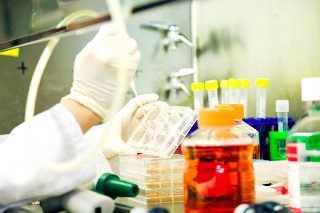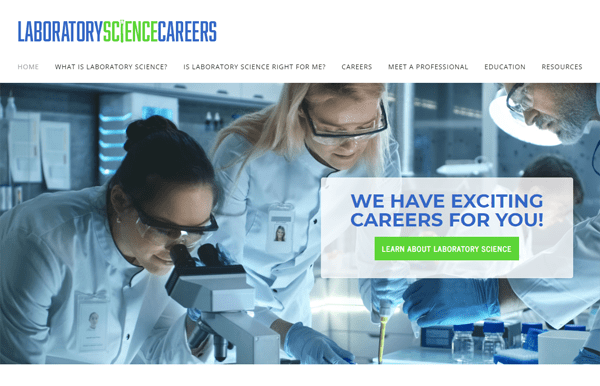What is a medical laboratory science professional?

A scientist working on a sample DNA test at the lab
Medical laboratory science professionals, often called medical laboratorians, are vital healthcare detectives, uncovering and providing laboratory information from laboratory analyses that assist physicians in patient diagnosis and treatment, as well as in disease monitoring or prevention (maintenance of health). We use sophisticated biomedical instrumentation and technology, computers, and methods requiring manual dexterity to perform laboratory testing on blood and body fluids. Laboratory testing encompasses such disciplines as clinical chemistry, hematology, immunology, immunohematology, microbiology, and molecular biology. Medical laboratory science professionals generate accurate laboratory data that are needed to aid in detecting cancer, heart attacks, diabetes, infectious mononucleosis, and identification of bacteria or viruses that cause infections, as well as in detecting drugs of abuse. In addition, we monitor testing quality and consult with other members of the healthcare team.
The medical laboratory science profession has more than one career track based on level of education: medical laboratory technician (2 years) and medical laboratory scientist (4 to 5 years). Medical laboratory technicians are competent in the collection, processing, and analysis of biological specimens; the performance of lab procedures; the maintenance of instruments; and relating lab findings to common diseases/conditions. Medical laboratory scientists have a more extensive theoretical knowledge base. Therefore they not only perform laboratory procedures including very sophisticated analyses, but also evaluate/interpret the results, integrate data, problem solve, consult, conduct research, and develop new test methods.

